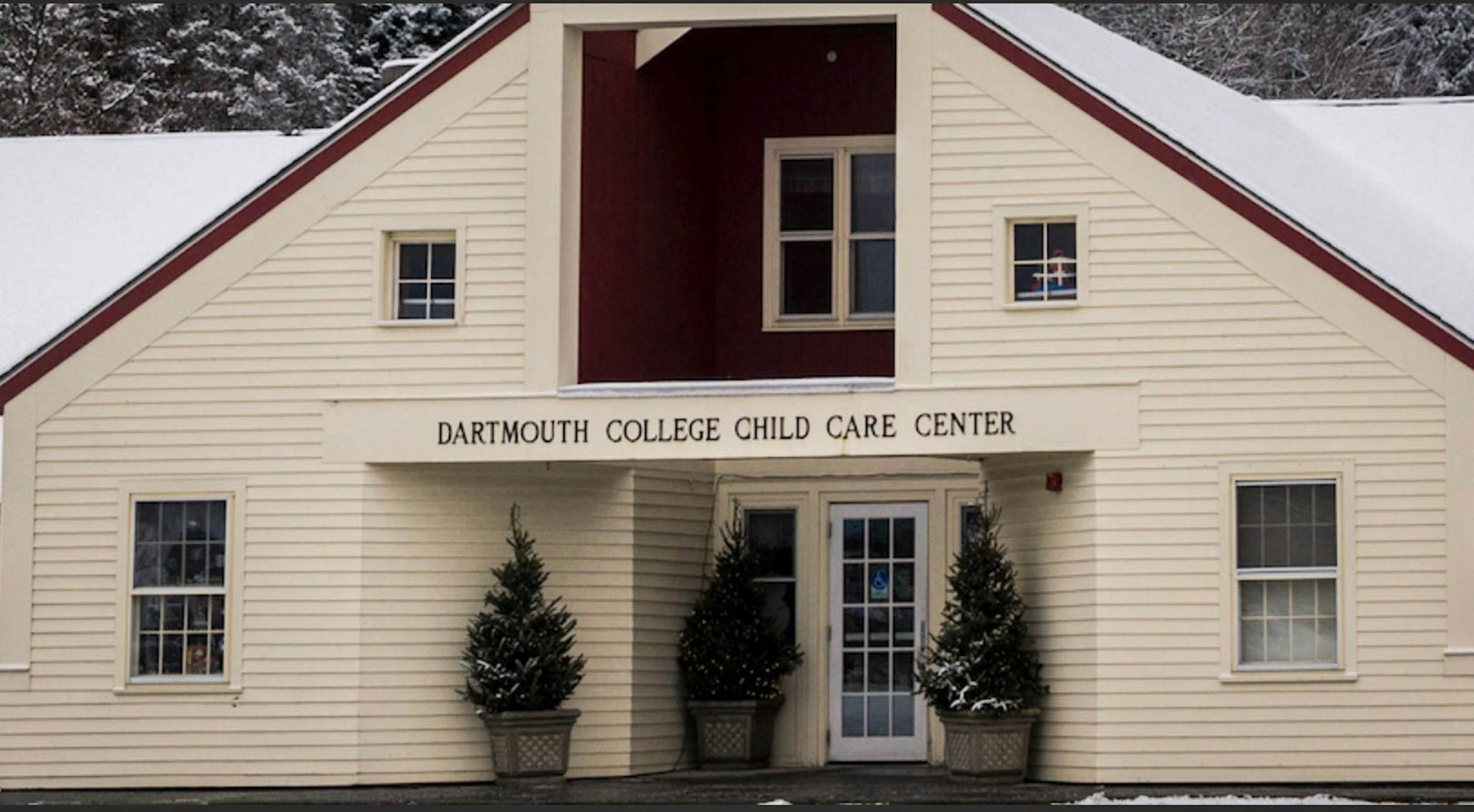Faced with labor shortages made worse by the COVID-19 pandemic, child care centers in the Upper Valley have been forced to limit their capacity, raise tuition or shut down entirely. As a result, many working parents have been forced to face months-long waitlists for available classrooms.
The Green Mountain Children’s Center is set to close its Hartford campus in White River Junction within a month, according to executive director of the center’s remaining Claremont location Christy Loiselle. She said that staffing shortages in the Upper Valley have been affecting the Hartford campus for the past several years — long before COVID-19 sparked a nationwide labor shortage — with teachers leaving the field to pursue other career paths.
“It’s a big loss for the community, and it’s a big loss for the people that are remaining with the organization,” Loiselle said.
She added that the Green Mountain Children’s Center Claremont branch is also facing staffing shortages and is currently only operating three of its four classrooms. Loiselle said that state and federal governments must act to support childcare programs.
“Child care workers are paid a very low rate of pay,” she said. “The only way to increase that rate of pay is with government support or to increase tuition, and tuition is already very high for working families.”
According to Dartmouth College Child Care Center assistant director Abby Plummer, fewer people are going to school for early childhood education because of the high number of course credits required and low pay rates in the field.
Plummer said that the D4C has been successful in hiring new workers by increasing their starting wage, but has had to raise tuition prices to make that possible.
“We had a lot of pushback [from families],” Plummer said. “But that was what we needed to do at the time, you know, in order to keep our staff and in order to get more staff.”
Families with two parents working full time have had the most difficulty with the lack of childcare, assistant psychology professor Caroline Robertson said. She added that because of the lack of availability, she and her husband were unable to send their three-year-old daughter to child care services for eight months during the pandemic. She and her husband had to split the day into long shifts to take care of their daughter.
“It was completely exhausting to work full-time jobs and also be full-time childcare providers,” Robertson said.
Assistant geography and earth sciences professor Justin Mankin, who has two children — a three-year-old and a six-year-old — expressed dissatisfaction with high child care prices in the area, comparing them to “taking out a second mortgage on a house.”
However, Mankin added that child care providers are often not compensated enough for their work, and that the federal and state governments ought to provide more support for the childcare profession.
“It’s important to have things like universal basic pre-kindergarten and universal basic childcare,” Mankin said.
The nearly $2 trillion social safety net bill currently being pushed by the Biden administration — commonly known as the “Build Back Better Act” — would, among other provisions, fund universal pre-kindergarten for three- and four-year-olds and subsidize child care costs for six years.
Plummer echoed Mankin’s sentiment and said that it would take financial support from the state government to keep child care centers open. She added that the College has helped to advertise hiring and to subsidize pay for D4C workers, which has allowed the D4C to continue to operate close to full capacity.
“We’re thankful to be in the minority,” Plummer said. “But we wish we could do something for these other centers that are having to really cut back on classrooms.”
Robertson said she wants the College to do more to support its working parents. She added that her friends at peer institutions — such as Johns Hopkins University, the Massachusetts Institute of Technology and Boston University — have received childcare subsidies, subscriptions to childcare services and teaching relief, all of which she said would greatly improve her situation.
Several child care centers in the Upper Valley, including the D4C, hire Dartmouth students as part of the College’s work-study program. Tejal Schwartz ’25, who started working at the D4C a few weeks ago, said she is enjoying her experience so far.
“I know that they maybe can use the extra help,” she said. “And that’s why I’m here and the other students are there, to assist the teachers.”




